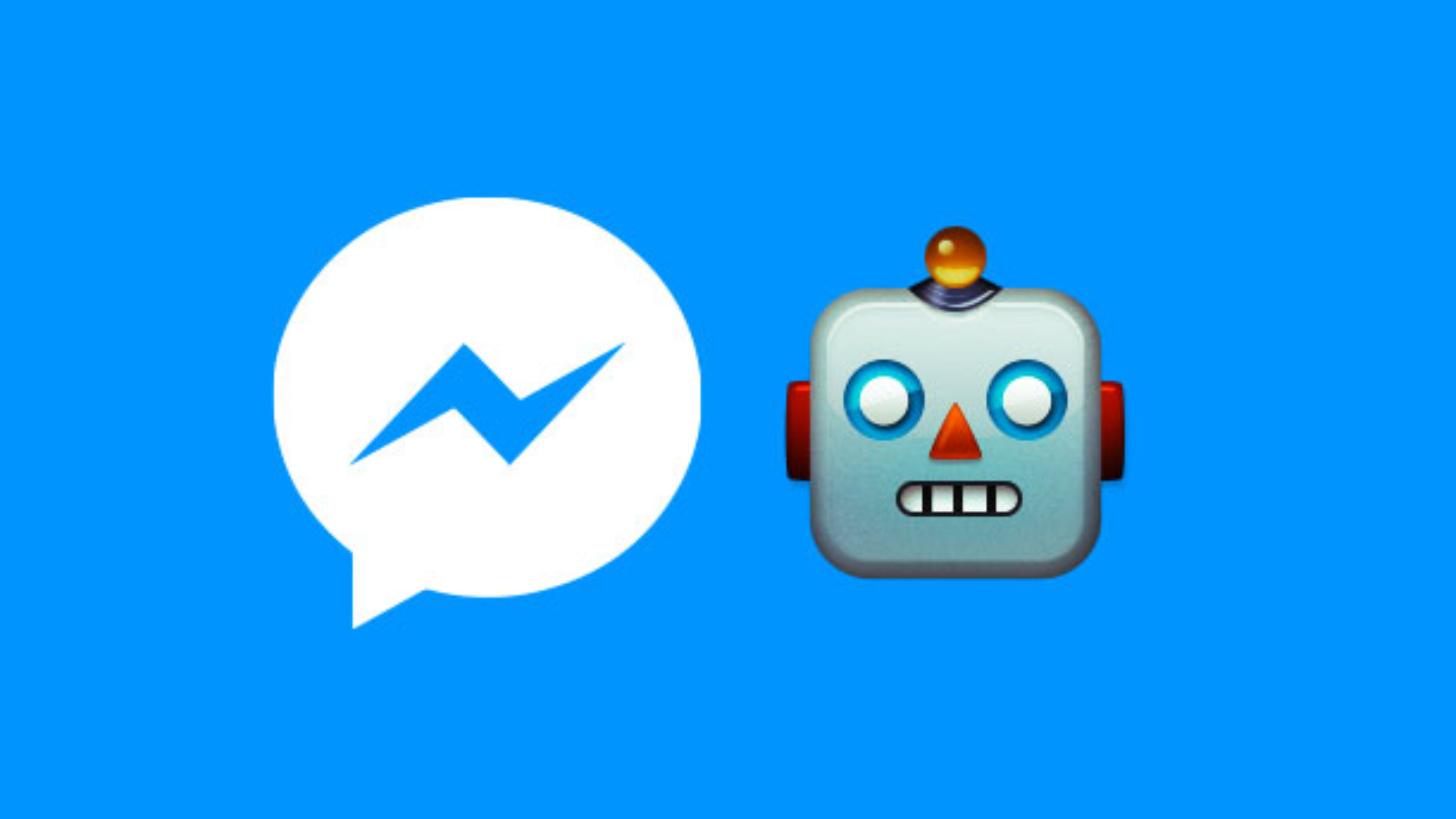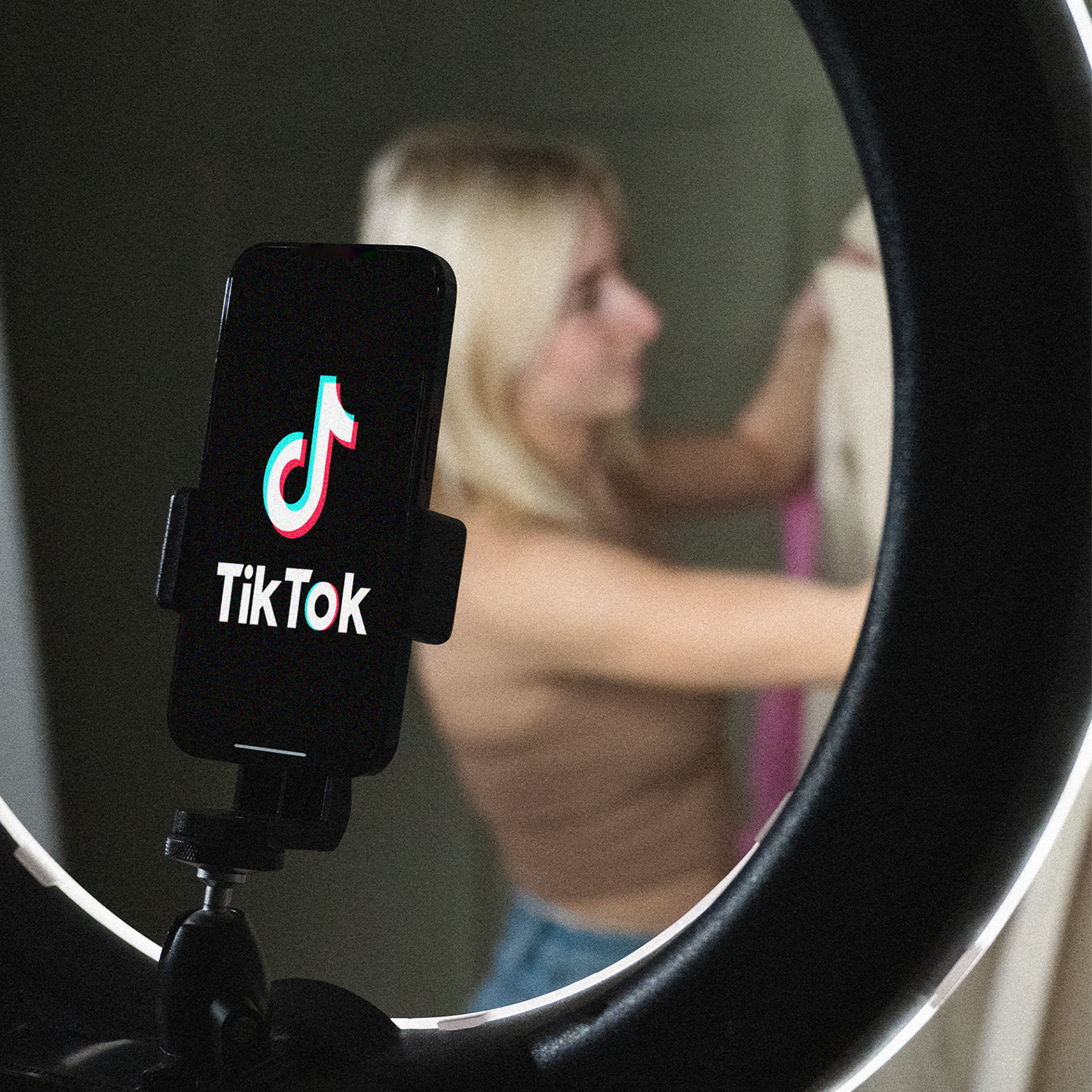Although many are suspicious of anything that claims to outshine the warmth and authenticity of the human touch, the sophisticated advances in AI technology are fast producing some of the most robust and effective automated robots ever. This has been evident in the latest range of Live Chat non-human operators, known as Chatbots. These Chatbots answer written queries and requests from your customers via your eCommerce store’s Live Chat service and can be just as effective as a real live person at dealing with queries. But are companies really ready to put the first point of contact with their businesses in the hands of a robot? Let’s take a look.
A lot of this technology is nothing new. Digital Assistants, such as Siri and Cortana have been around for a couple of years now. These Digital Assistants are highly sophisticated and able to perform complex tasks, such as booking flights and setting up location reminders.
The main difference between a Chatbot and a Digital Assistant is that Chatbots respond only to written queries, making them ideal for LiveChat purposes, where as Digital Assistants are able to understand spoken queries.
The science behind Chatbots lies in machine learning, which is the human input process that enables the Chatbot to operate effectively. Owners don’t have to program massive amounts of pre-defined questions and answers, as the Chatbot can dynamically learn language and evolve every time it is used. This process is no more apparent than in the case of Skype Translator, a device so dynamic that it can translate on instant messenger, over 50 different languages.
Digital Assistants that evolve through machine learning are shaped entirely by their users and this is a major downside. If your Chatbot is clever and independent and able to pick up language very quickly, it can fast get out of control if you don’t keep an eye out. If the Chatbots are spammed with controversial topics and joke questions, their behaviours can quickly change. This is no less apparent than in the case of the controversial Twitter Chatbot “Tay”, who was spammed by racist and sexist questions, causing it to become a Hitler loving, sex robot. Through machine learning, Chatbots can very easily be exploited.
Every eCommerce company considering a Chatbot integration, needs to be aware of how quickly and catastrophically things can go wrong through machine learning, which if your Chatbot has any level of intelligence about it, will have a degree of. Whereas big companies can shrug off PR disasters like Twitter’s Tay, a smaller eCommerce store will struggle to come back from an episode of Chatbot spouting controversy. Chatbots, need limits and rules built into them if they are going to avoid offending everyday users.
Throughout the online community, there are examples of companies introducing Chatbots with much excitement. Facebook, have recently announced plans to release an API for developers to build Chatbots for Facebook Messenger, as well as chat widgets for websites. Facebook have even launched their own Digital Assistant “M”, available on messenger which will work similarly to the likes of SIRI and Cortana.
Slack, which is a successful business App, just released a new development framework called Botkit, which through a flexible codebase simplifies the authentication of the sending, receiving, and processing of messages through APIs.
On-site chat support, might prove to be a natural home for Chatbots when it comes to eCommerce. LiveChat solutions have already proved highly valuable to eCommerce sites, they increase conversion rates and satisfy customers. With machine learning done right, Chatbots could be a huge success for eCommerce companies when integrated into LiveChat. The opinion amongst experts in the digital world, still seems to be that the technology isn’t quite ready for widespread eCommerce use, unlike Virtual Reality, but site owners should still remain engaged with the concept and stay abreast of any new developments. Chatbots may well become the “new interface” that customers want to interact with. Depending on the rate of development, a Chatbot may well be the next addition to your eCommerce team.








